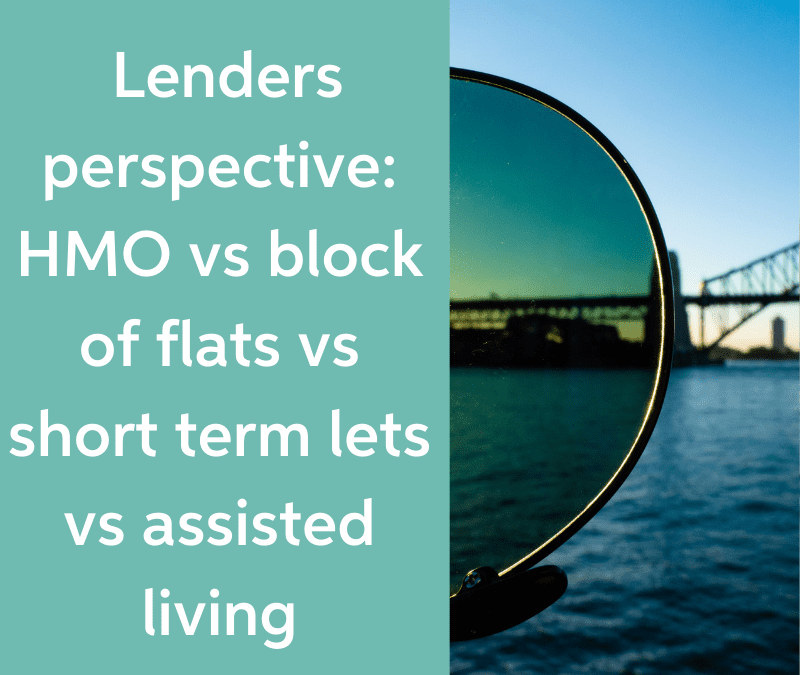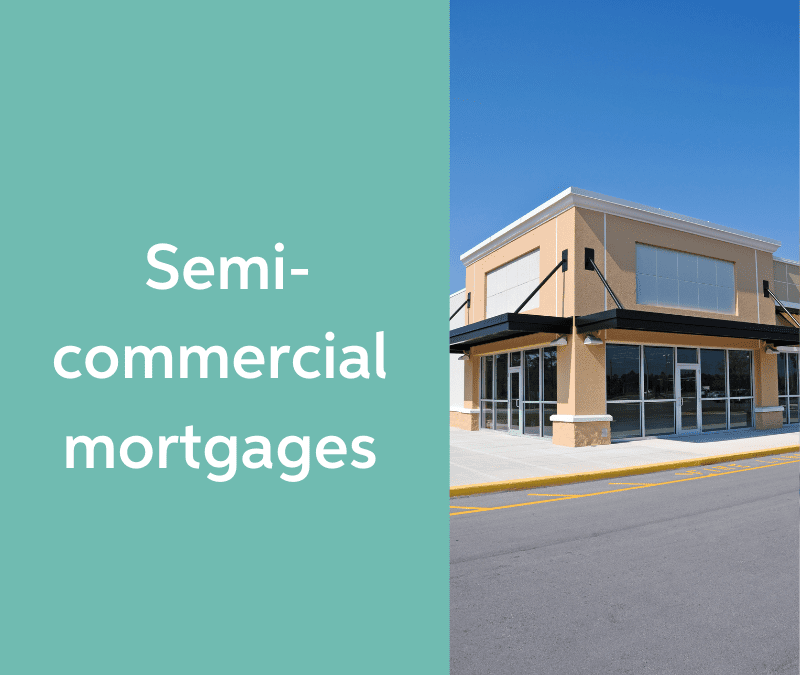Holiday let mortgages

The pandemic accelerated the rise of staycations in the UK, with locations such as Cornwall and Devon experiencing huge demand during periods when travel bans and restrictions were lifted. Yet even prior to March 2020 staycations were increasing in popularity due to factors such as AirBnB, affordability, awareness of the impact that international travel has on the environment and the beautiful scenery that can be found on these very isles. Tik Tok’s ‘staycation’ hashtag has over 1.1 billion views, influencing a new generation and challenging previous associations of holidays and going abroad. With international travel to remain an ongoing cause for concern, domestic travel is the most viable option for those seeking a break.
Pre Covid-19 for landlords, holiday lets had long grown in popularity and appeal due to a higher return per-night, the potential for bigger profit margins and the tax advantages of being classed as a business as opposed to an investment. Although you should be aware that there may be higher costs when managing regular visitors, such as agent fees, cleaning and possible damages and repairs. In addition, investors have often been uncertain on the best way to fund such investments as a traditional buy-to-let mortgage is not suitable for this type of short term let. Lender’s criteria and attitudes have also been changing frequently as lockdown restrictions have tightened and eased.
They way holiday homes are treated can be broadly arranged into three categories with different lenders available for each. If the property is for personal use rather than investment, high street banks will treat them as second homes. Lending is typically up to 80% LTV and the loan amount is based on your personal income and expenditures, including the mortgage and running costs of your primary residence. The rates will be no different to the standard residential products and subject to the same criteria on the length of the term and a suitable repayment strategy. Limited company applications are not possible unless you apply via a private bank.
In the second category lenders will look at the expected rent for a standard 6-month AST, this is on the basis that if it does not work out as a holiday let you could still revert to buy-to-let. Expect the maximum LTV via this method to be 75%, interest only is widely available and you can purchase the property via a limited company or in your personal name. Foundation Home Loans have an interesting product on this basis, which can also be used for serviced accommodation units with little or no demand from holiday makers. You need to have an income, although it does not need to meet a specified amount and you must own at least one other investment property.
Finally, there are true holiday let products that use a combination of low, mid and high season rents to determine the borrowing. This includes building societies like Leeds and Harpenden as well as commercial lenders like Hampshire Trust Bank and Castle Trust who can also potentially fund blocks of flats as well as single units. The building societies will allow a degree of personal use, the property must have a specified demand for holidays, but they usually only lend to individuals, although the specialist and commercial banks will accept companies. Maximum LTV in the market is also usually 75%, interest only is acceptable and each lender will have their own experience requirement. As criteria continues to expand and with demand likely to continue, it is important to have a clear understanding of these assessments to ensure the correct lender is chosen for your circumstance.
Your home may be repossessed if you do not keep up repayments on your mortgage.
Some forms of buy to let mortgages and some forms of commercial lending are not regulated by the Financial Conduct Authority.
Lee Langley is the Principal Mortgage and Protection Adviser at OnPoint Mortgages. OnPoint Mortgages a trading style of L&D Mortgages Limited is an appointed representative of The On-Line Partnership Limited which is authorised and regulated by the Financial Conduct Authority. Registered address: 25 Homefield Road, Bushey, Hertfordshire, WD23 3AP. Registered in England & Wales under 10500099





